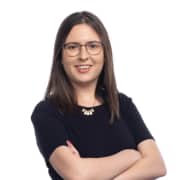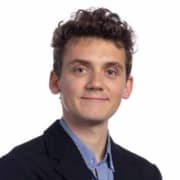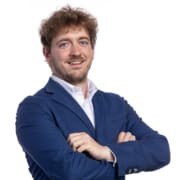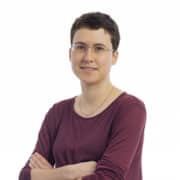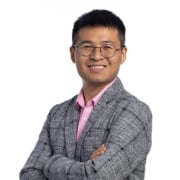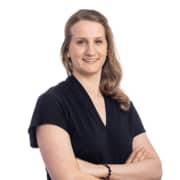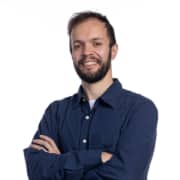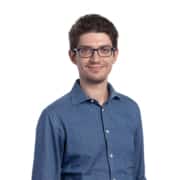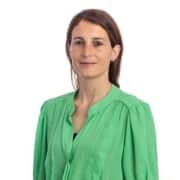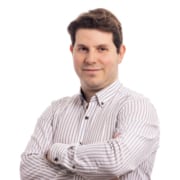Lee-or Alon is a PhD candidate in the field of artificial intelligence (AI), focusing on using AI planning tools to revolutionize personalized medical treatment. Her research seeks to determine the optimal drug types, dosages, and timing based on a patient’s medical history and specific needs. The goal is to achieve the desired medical outcome without compromising the patient’s health constraints.
Lee-or’s research aims to bring a new level of precision to medicine, ensuring the desired medical outcome without compromising a patient’s health constraints
Lee-or earned her BSc in computer science from Bar-Ilan University and her MSc in computer science from Ben-Gurion University of the Negev. Born and raised in Israel, she volunteers with children and youth to expose them to science and technology. She is also the head and founder of the Doctoral Student Forum at Bar-Ilan University. In her free time, she enjoys spending time with family and friends, reading, gardening, and making jewellery.
